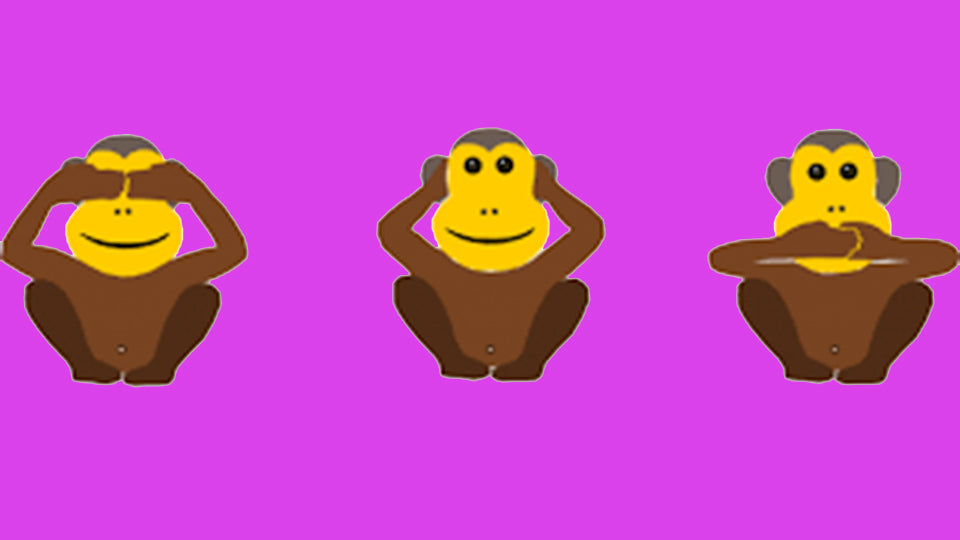The Ostrich Effect - How it Leads to Preparedness Avoidance
Humans are not always rational (this may be a serious understatement). One result of this irrationality is that we tend to turn away from unpleasant, painful or scary information even when we know that dealing with it could benefit us. The technical term is "information aversion." In the financial world it's known as "The Ostrich Effect." Behavioral economist, George Loewenstein of Carnegie Mellon University, coined the term to describe the way investors stick their heads in the sand during bad markets.
It's easy to see the implication in getting prepared. Too many times people prefer to bury their heads in the sand, live in a world of denial, and say, "I don't want to think about it." This is yet another of the many innate human forces that prevent people from getting prepared.
It is also worth noting that we owe ostriches an apology for mischaracterizing how they deal with danger. They don't bury their heads in the sand, they lie down and play dead instead. When their heads are in the sand they're actually checking their eggs!
If you're interested in learning a little more about The Ostrich Effect, the podcast, "The Hidden Brain," by NPR produced this episode, called You 2.0: The Ostrich Effect.


